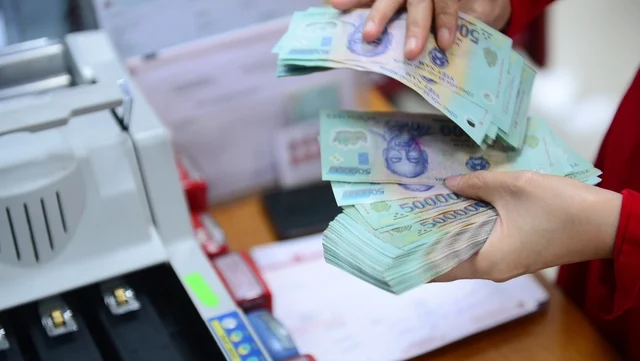Hanoi — The State Bank of Vietnam has issued Circular 27, a new regulation that significantly tightens financial reporting requirements in the country. Beginning November 1, 2025, all domestic money transfers of 500 million dong, equivalent to about 19,000 US dollars, or more must be reported to the central bank’s Anti-Money Laundering Department. The rule also applies to equivalent amounts in foreign currencies, marking a major step in Vietnam’s efforts to align with international standards on financial transparency.
The circular builds on earlier regulations, particularly Circular 09/2023, but introduces stricter thresholds and broader obligations for financial institutions. Cross-border transactions valued at just 1,000 US dollars or more will now also require reporting, a move designed to close loopholes that have been exploited for illicit flows. In addition, the regulation sets new customs declaration requirements for goods and assets such as precious metals, gemstones, and negotiable instruments valued at 400 million dong or more.
Circular 27 includes a transition period to allow banks and financial institutions to adapt. By January 1, 2026, all reporting entities must update their internal regulations, risk management processes, and software systems to screen against blacklists, watchlists, and politically exposed persons. These systems must be capable of monitoring and flagging suspicious transactions to prevent money laundering, terrorism financing, and the proliferation of weapons of mass destruction.
Officials emphasized that the regulation is not only about compliance but also about safeguarding the integrity of Vietnam’s financial system. By tightening oversight, the government aims to strengthen investor confidence, protect the domestic economy, and demonstrate its commitment to global anti-money laundering frameworks.
The move comes as Vietnam’s economy continues to expand rapidly, with increasing cross-border trade and investment flows. Regulators believe that stricter monitoring will help ensure that growth is sustainable and not undermined by illicit financial activity. For businesses and individuals, the new rules represent a shift toward greater scrutiny, but also a step toward building a more transparent and resilient financial environment.







